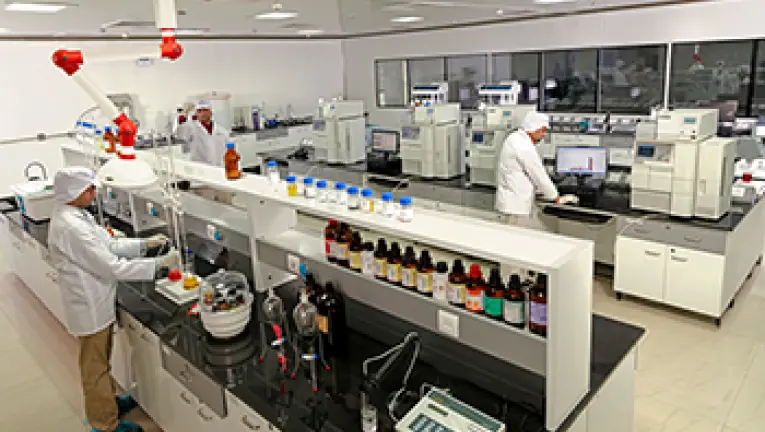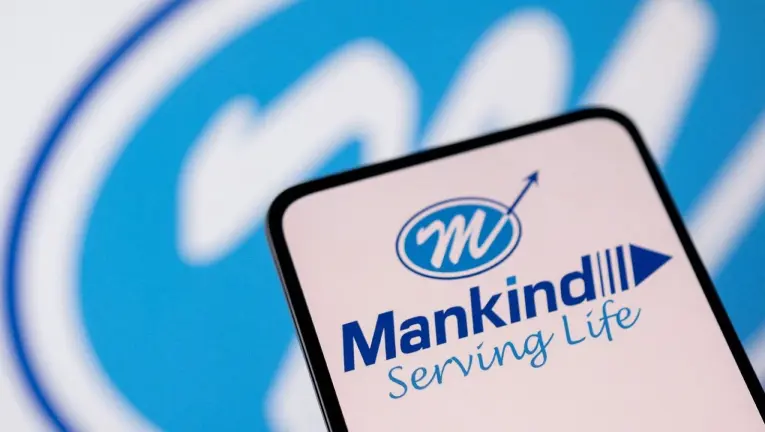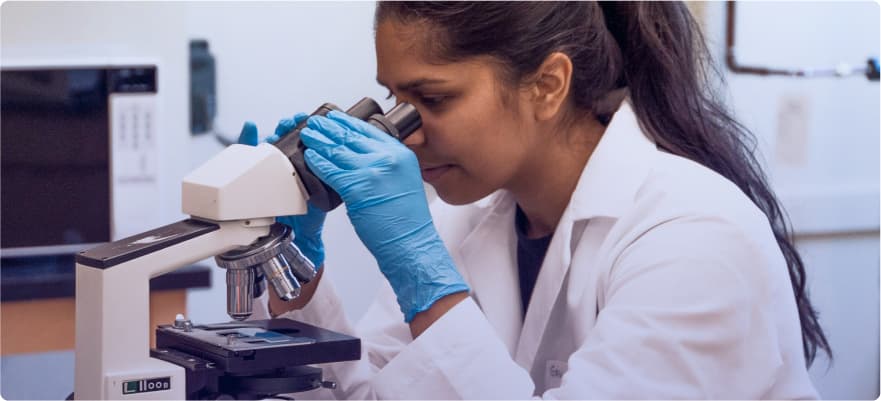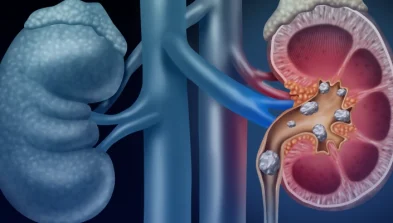How Biotechnology Is Revolutionizing the Healthcare Industry
Introduction
Biotechnology is at the forefront of a transformative era in healthcare. By harnessing the power of living cells and advanced biological processes, biotechnology is enabling the development of innovative therapies, diagnostics, and preventive solutions that are reshaping the global healthcare landscape. Biopharma companies, particularly those with a strong commitment to research and development, are leading this revolution by delivering affordable, accessible, and effective healthcare solutions to millions.
The Role of Biotechnology in Modern Healthcare
Biotechnology involves the use of living organisms or systems to develop or manufacture products intended to improve the quality of human life. In healthcare, this translates into:
- Advanced therapies for complex diseases
- Personalized medicine tailored to individual genetic profiles
- Biosimilars that enhance accessibility to life-saving drugs
- Innovative diagnostics for early and accurate disease detection
These advancements are not only improving patient outcomes but are also driving efficiency and cost-effectiveness across the healthcare value chain.
Mankind Pharma: Pioneering Biotechnology in India
Strategic Vision and Growth
Mankind Pharma, one of India’s leading biopharma companies, exemplifies how strategic investment in biotechnology can yield significant healthcare and business benefits. The company has evolved from a pharmaceutical manufacturer to a biotechnology leader, focusing on affordability and accessibility. With a revenue of ₹10,335 crore in FY 2023-24, Mankind Pharma ranks as the fourth-largest pharmaceutical company in India by value and volume.
Core Capabilities in Biotechnology
Mankind Pharma’s biotechnology division specializes in the development of biosimilars—biologically similar versions of complex biologic drugs. The company’s R&D infrastructure supports:
- Molecular biology and genetic engineering
- Protein isolation and purification
- Cell culture scale-up and fermentation
- Single-cell cloning and cell banking
These capabilities enable the creation of high-quality, affordable biosimilars, especially in critical therapeutic areas such as oncology, chronic inflammatory diseases, and metabolic disorders.
Strategic Acquisitions and Collaborations
A pivotal milestone in Mankind Pharma’s biotech journey was the acquisition of Bharat Serums & Vaccines (BSV) in 2024. This move expanded the company’s portfolio into high-entry-barrier segments like women’s health, fertility drugs, and critical care products. BSV’s expertise in biological and biotech formulations complements Mankind Pharma’s manufacturing and R&D strengths, positioning the company as a leader in niche therapeutic areas.
Mankind Pharma has also established global partnerships, such as a licensing agreement with Innovent Biologics to commercialize Sintilimab, a monoclonal antibody for oncology, in India. Collaborations with global giants like AstraZeneca, Novartis, and Takeda have further enhanced the company’s ability to introduce advanced therapies to the Indian market.
Biotechnology’s Broader Impact on Healthcare
Market Growth and Economic Impact
The global biopharmaceuticals market is witnessing robust growth, driven by the increasing adoption of biologics and biosimilars. The market was valued at $330 billion in 2020 and is projected to reach $526 billion by 2026, growing at a compound annual growth rate (CAGR) of 8.2%. Biologics now account for approximately 29% of global pharmaceutical sales, reflecting their growing importance in modern medicine.
Revolutionizing Disease Management
Biotechnology has enabled the development of breakthrough therapies, including:
- Monoclonal antibodies for targeted cancer treatment
- Gene therapies for rare and genetic disorders
- Personalized medicine based on genetic profiling
- Biosimilars that reduce treatment costs and improve access
For example, recombinant insulin, developed using genetically engineered bacteria, has revolutionized diabetes management by providing a safer and more reliable alternative to animal-derived insulin. Similarly, monoclonal antibodies like trastuzumab (Herceptin) have transformed the treatment of HER2-positive breast cancer, offering targeted therapy with improved outcomes.
Enhancing Research and Development
Biopharma companies are investing heavily in R&D to stay ahead in the rapidly evolving biotech landscape. Mankind Pharma, for instance, employs over 730 scientists dedicated to developing cost-effective solutions and expanding its pipeline of innovative products. The company’s New Drug Discovery and Research (NDDR) department is actively exploring new drug candidates for metabolic and autoimmune disorders, further strengthening its position as a biotech innovator.
Manufacturing Excellence and Quality Standards
Mankind Pharma operates 30 manufacturing facilities across India, adhering to stringent cGMP and FDA guidelines. These facilities are equipped with advanced technologies for producing sterile preparations, multilayer tablets, and nano-emulsion ophthalmics. The integration of BSV’s manufacturing capabilities has further enhanced production efficiency and quality assurance.
Future Outlook: Sustaining the Biotech Revolution
Industry reports predict that the global biotechnology market will grow at a CAGR of 13.96% between 2024 and 2030, driven by increasing demand for innovative therapies and expanding applications in healthcare. Mankind Pharma is well-positioned to capitalize on this growth through:
- Expansion into international markets via subsidiaries in the U.S. and Singapore
- Continued investment in R&D and talent development
- Focus on high-growth therapeutic areas such as oncology and metabolic disorders
Conclusion
Biotechnology is fundamentally reshaping the healthcare industry, enabling the development of advanced therapies, improving patient outcomes, and driving economic growth. Biopharma companies like Mankind Pharma are at the vanguard of this revolution, leveraging cutting-edge science, strategic collaborations, and a commitment to accessibility to deliver life-changing solutions. As the industry continues to evolve, sustained investment in biotechnology will be crucial to meeting the healthcare needs of future generations.











